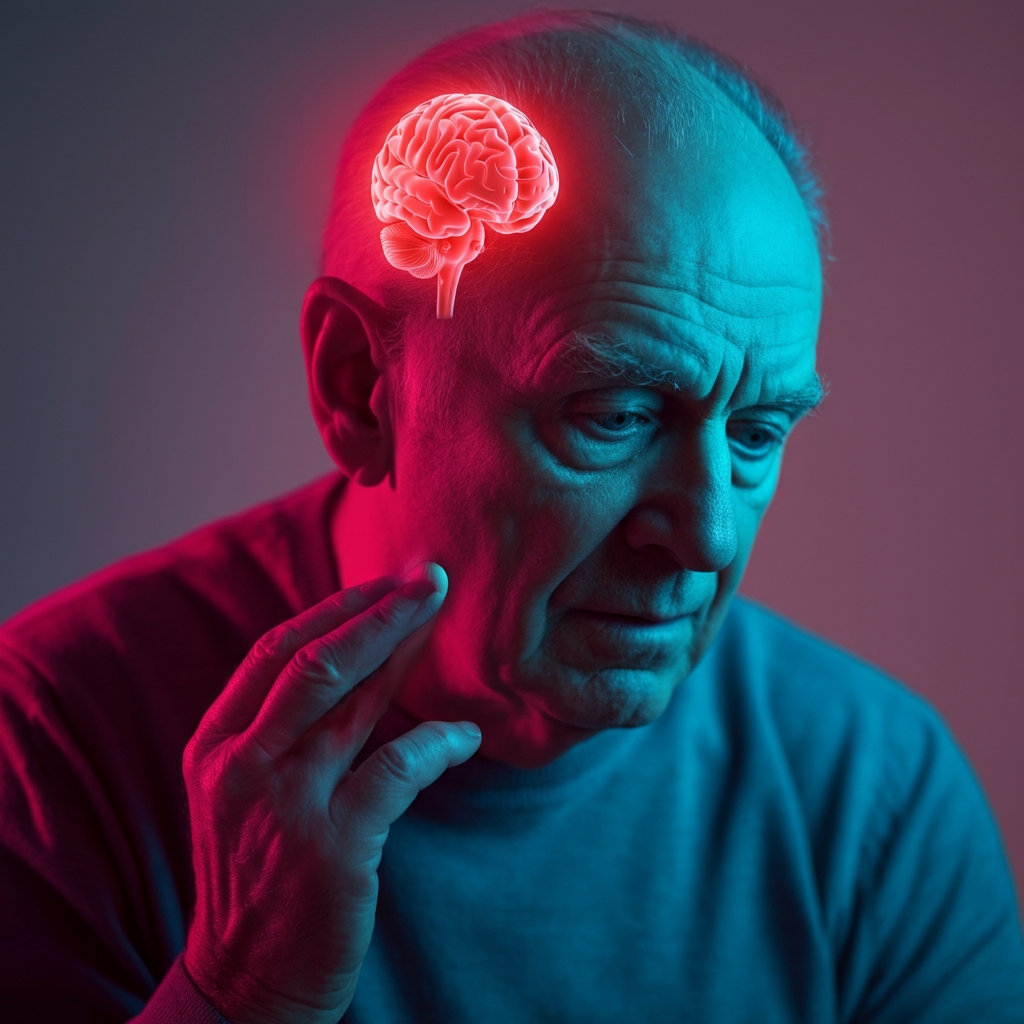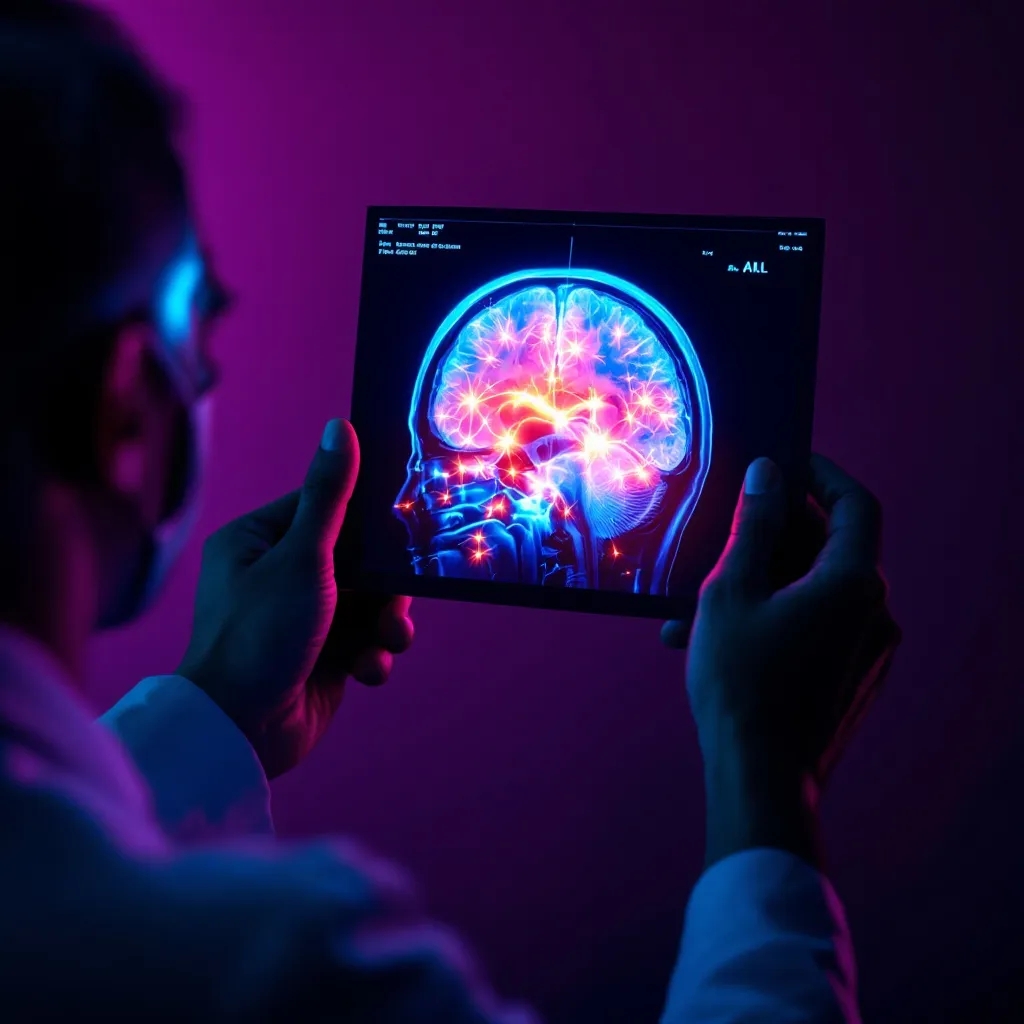About the Disease
Parkinson’s Disease (PD) is a progressive neurodegenerative disorder in which dopamine-producing neurons in the brain (especially in the midbrain / substantia nigra) gradually decline. The reduced dopamine causes motor symptoms such as tremors, rigidity, bradykinesia (slowness of movement), reduced balance & coordination, and later non-motor symptoms. Stem cell therapy for Parkinson’s aims to replace or regenerate the lost dopamine neurons (using embryonic stem cells, induced pluripotent stem cells, or autologous sources), reduce the need for medications, improve quality of life, and possibly slow disease progression.
Institutes / Trials Offering Stem Cell Therapy for Parkinson’s Disease
- McLean Hospital / Brigham & Women’s Hospital (Mass General Brigham system) – Massachusetts, USA
- Launched a Phase 1 clinical trial in which a patient’s own stem cells (blood cells reprogrammed to induced pluripotent stem cells, iPSCs) are used. These iPSCs are converted into dopaminergic neurons and transplanted into the brain. McLean Hospital
- It is an autologous transplant (using patient’s own cells) so immunosuppression may be reduced. McLean Hospital
- First patient treated Sep 2024. Trial follows safety and feasibility. McLean Hospital+1
- UCI Health – UCI Alpha Stem Cell Clinic / BlueRock Therapeutics – California, USA
- Conducted the exPDite Phase 1 clinical trial with “Bemdaneprocel” (also known as BRT-DA01), a dopaminergic neuron progenitor cell product derived from human embryonic stem cells. UCI Health
- Results at 18 months show safety and some visible motor improvements (e.g. reduced tremor). Larger Phase 3 trial planned. UCI Health+1
- Aspen Neuroscience / University of California, San Diego (UCSD) – California, USA
- Running a Phase 1/2a dose-escalation study (ANPD001) in sporadic Parkinson’s patients. Cells are engineered to mature into dopamine-producing neurons. Implantation into brain regions with dopamine loss. Measures safety, tolerability, and long-term follow up. Sanford Stem Cell Institute
- Kyoto University – CiRA (Center for iPS Cell Research and Application) – Kyoto, Japan
- Using induced pluripotent stem cells (iPSC) derived dopaminergic neurons, implanted into bilateral putamen via stereotactic surgery. Early trials with small number of patients showing improvements on the Unified Parkinson’s Disease Rating Scale (UPDRS). PdCure.org



